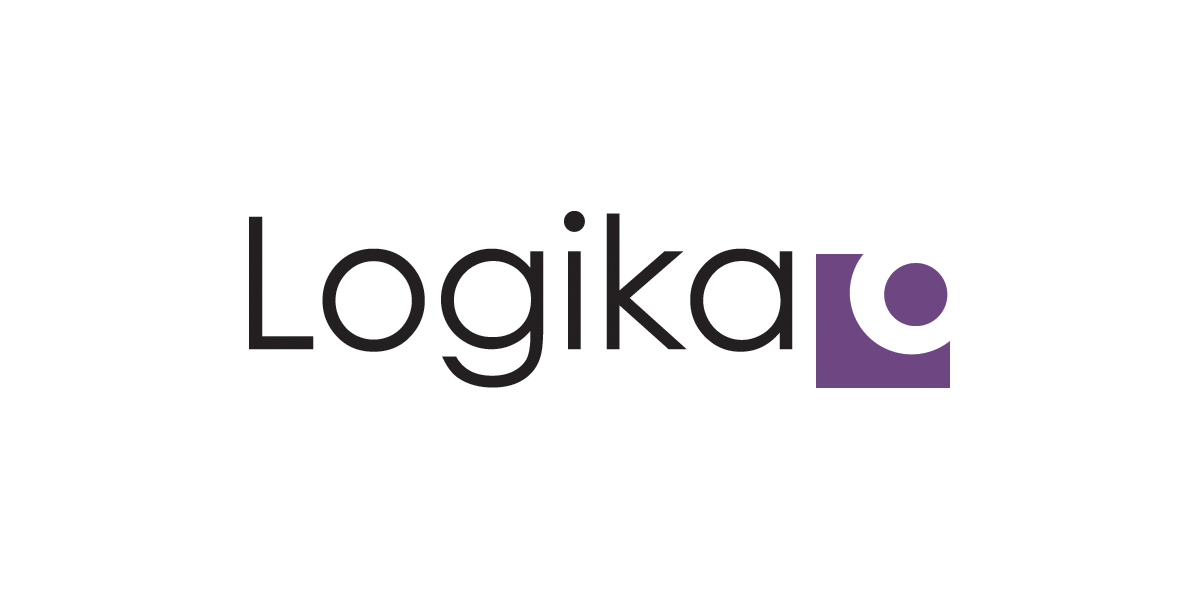Hard Truths
Let’s start with two truths that are difficult, but important for entrepreneurs to hear:
- Only 1 out of about every 10 startups goes on to become a functioning company.
- The biggest reason that startups fail is because they build something that no one wants
The Nature vs. Nurture of Market Building
Almost anyone who has been involved with a startup has felt the frustration of having a “great” product, but not being able to get the attention of the market. The classic answer to this dilemma was to mount massive “Maddison Avenue style” advertising campaigns. The thinking process is that markets don’t naturally exist, consumers have to be TOLD what they want and how they want to consume it.
For decades this kind of—let’s call it the “nurture” approach to market building—was the exclusive domain of big brands with big advertising budgets. Many advertising and marketing agencies still sell the promise of “if you get your message right, the world will beat a path to the door of your unicorn factory”.
Enter social media: the great leveler of the messaging playing field. Now everyone could get their message out without any kind of budget, and they did. The result: noise and confusion … and a lot of misinformation.
But something even bigger happened. Consumers started talking to each other. They shared their joys and frustrations about the products and services they used. Smart brands pay attention and aligned their emerging and self-selecting customer cohorts.
Savvy brands discover and play to the nature of the groups that buy their products and services. This does not mean that they ask their customers what they want—that’s a rookie mistake. Rather they spend time getting to know their customers:
- What are they trying to accomplish?
- How are they doing things now?
- What are their frustrations with the way things are?
- What gives them joy and a sense of accomplishment?
So What’s a Startup To Do?
One of the most effective things that any startup can do is invest in DISCOVERING its business model. This is the process of documenting all of your key assumptions about your customers, how they want to interact with you and your product, what it will take to reliably build and deliver your product, and how cash will flow through the organization.
The biggest value of business model discovery is not getting your initial assumptions right, but recognizing that your initial assumptions are most likely wrong. It’s the process of testing, modifying, and validating the assumptions behind your model that lead to business success.
Full Disclosure
Logika is a presenting sponsor of The Indy Startup Challenge. A business model discovery boot camp and pitch competition in Central Indiana. We believe in the process and have seen the results it can produce!
Photo credit: Market by Flickr user Mike Knell


Recent Comments